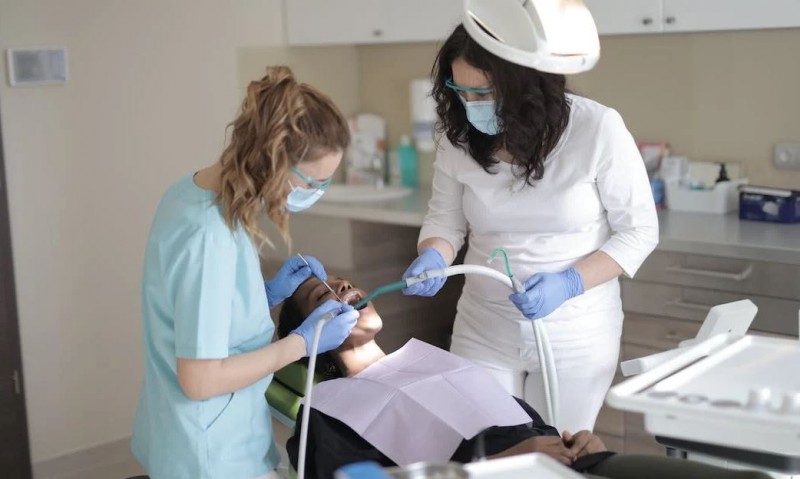
In the ever-evolving world of healthcare, the smooth functioning of medical facilities relies on the expertise of various professionals. Among these, the Medical Administrative Assistant (MAA) plays a vital role in ensuring the seamless coordination of administrative tasks. This article explores the responsibilities, qualifications, and significance of a Medical Administrative Assistant in today's healthcare setting.
1. What is a Medical Administrative Assistant?
A Medical Administrative Assistant, also known as a Medical Secretary or Medical Office Assistant, is a skilled professional responsible for performing various administrative and clerical duties in healthcare settings. They act as a bridge between medical staff, patients, and the administrative team.
2. Educational Requirements and Skills
To become a Medical Administrative Assistant, one typically needs a high school diploma or equivalent. However, specialized training programs and certifications are becoming increasingly common to enhance job prospects. Key skills for a successful MAA include excellent communication, organization, multitasking, and attention to detail.
3. Job Responsibilities of a Medical Administrative Assistant
The role of an MAA involves a diverse range of responsibilities. They manage office operations, greet patients, schedule appointments, answer phone calls, and maintain a welcoming environment. Additionally, they may handle billing, insurance claims, and assist in medical record management.
4. The Importance of Effective Communication
Clear and efficient communication is crucial for an MAA. They must interact with patients, medical staff, and other administrative personnel regularly. Good communication ensures that important information is relayed accurately and promptly, leading to better patient care.
5. Maintaining Patient Records and Confidentiality
As the custodians of patient records, Medical Administrative Assistants must uphold the highest standards of confidentiality and data security. Adherence to privacy regulations is essential to safeguard sensitive medical information.
6. Scheduling and Appointment Management
An MAA plays a pivotal role in managing the healthcare facility's schedule. They need to balance appointments, ensuring optimal use of time while allowing sufficient flexibility for emergencies.
7. Handling Insurance and Billing Procedures
Dealing with insurance companies and billing processes can be complex. An MAA should be well-versed in insurance protocols and coding systems to facilitate accurate billing and payment collection.
8. Medical Coding and Terminology
Familiarity with medical coding and terminology is necessary for Medical Administrative Assistants to handle medical records efficiently. This knowledge aids in better communication with healthcare providers and understanding patient needs.
9. Efficient Inventory Management
Apart from administrative tasks, Medical Administrative Assistants may also be involved in managing medical supplies and inventory. This ensures that the healthcare facility operates smoothly and efficiently.
10. Collaborating with Healthcare Professionals
MAAs often collaborate with various healthcare professionals, including doctors, nurses, and technicians. Effective teamwork is essential for providing seamless patient care.
11. Coping with Stress and Time Management
The healthcare environment can be demanding, with numerous tasks and responsibilities. An MAA must possess excellent time management skills and the ability to handle stress effectively.
12. Career Advancement Opportunities
A career as a Medical Administrative Assistant can serve as a stepping stone for further growth in the healthcare industry. Many pursue additional certifications or degrees to advance their careers and take on higher-level administrative roles.
13. The Growing Demand for Medical Administrative Assistants
The demand for qualified Medical Administrative Assistants is on the rise. As healthcare facilities expand, so does the need for skilled professionals to manage the administrative aspects effectively.
In conclusion, Medical Administrative Assistants are indispensable members of the healthcare team, ensuring efficient administrative operations. Their responsibilities encompass a wide array of tasks that contribute to the smooth functioning of medical facilities. Effective communication, attention to detail, and a dedication to patient care are at the core of their role.
Govt Action Looms for Twitter after Viral Video of Manipur Women Paraded Naked
Manipur Unrest: CM Urges Thorough Probe into Viral Video's Authenticity
Sonia Gandhi Urges PM Modi for Manipur Discussion in Parliament